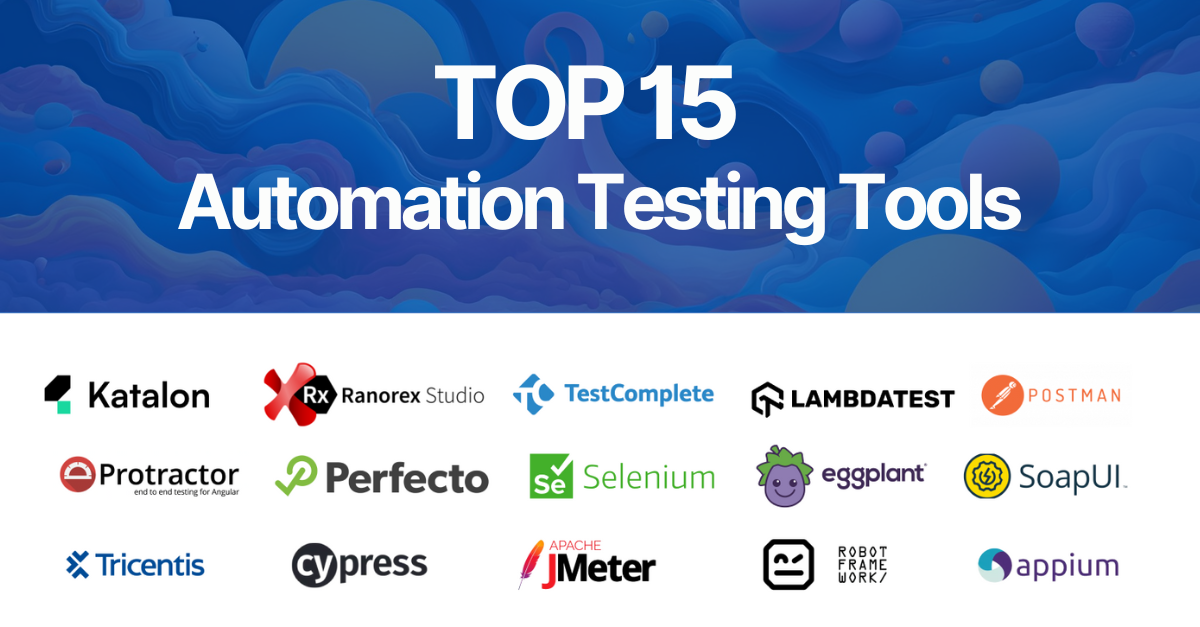
Hiring skilled offshore software testing engineers has become essential for U.S. and European companies aiming to maintain high-quality standards while optimizing costs. With a growing global pool of talented testers, companies can access QA experts skilled in manual and automated testing to ensure their software’s functionality, usability, and security. This blog outlines the top qualities to prioritize when hiring offshore software testing engineers, from technical skills to communication proficiency, helping businesses make strategic, informed decisions.

1. Expertise in Manual and Automated Testing
Quality assurance (QA) is about ensuring software meets standards across performance, security, and usability. Offshore software testing engineers who are skilled in both manual and automated testing provide a comprehensive approach to quality control.
- Manual Testing Skills: Look for testers who excel in manual testing techniques to identify UI/UX issues and usability gaps. Offshore manual testing engineers bring attention to detail that’s essential for functional testing and exploratory testing, especially for user-facing applications.
- Automated Testing Proficiency: Engineers skilled in automation can use tools like Selenium, TestComplete, and Appium to speed up testing processes and handle repetitive tasks. Automated testing skills are crucial for projects requiring consistent results and scalable testing solutions.
2. Understanding of QA Tools and Frameworks
Modern QA relies heavily on tools and frameworks that streamline testing processes and ensure consistency across various environments. Offshore testers with expertise in these tools can efficiently detect and solve software issues.
- Popular Tools: Offshore QA engineers experienced with tools like Selenium, JUnit, and Cucumber can create reusable test scripts and frameworks. This expertise reduces the need for extensive manual oversight and increases testing efficiency.
- Framework Knowledge: Knowledge of testing frameworks such as BDD (Behavior-Driven Development) and TDD (Test-Driven Development) is an advantage. These methodologies ensure alignment between development and testing, offering a structured approach to quality control.
3. Strong Analytical and Problem-Solving Skills
Testing requires a keen eye for detail, along with analytical skills to diagnose issues effectively. Offshore software testers who can anticipate potential bottlenecks or bugs and provide innovative solutions add significant value to your QA efforts.
- Root Cause Analysis: Effective QA engineers go beyond finding bugs; they also analyze root causes to prevent recurring issues, which saves time and resources.
- Proactive Problem-Solving: Offshore testers with proactive problem-solving skills bring critical thinking into their roles, helping detect hidden issues and reduce potential risks.
4. Effective Communication and Collaborative Skills
Clear communication is crucial for managing expectations and delivering accurate test reports, particularly when working with offshore teams in different time zones.
- Detailed Reporting: Offshore testers should be able to document and communicate test results in detail, ensuring that U.S. and European stakeholders understand key findings and next steps.
- Collaborative Tools: Testers familiar with collaboration tools like Jira, Trello, and Slack can seamlessly coordinate with developers, DevOps teams, and project managers, fostering effective communication and faster decision-making.
5. Adherence to High Quality and Security Standards
Today’s businesses need QA engineers who uphold rigorous quality standards and protect sensitive data, especially when working remotely.
- Compliance Awareness: Offshore testers with knowledge of international data protection standards (such as GDPR for European clients) ensure compliance and data security.
- Commitment to Quality: Skilled QA engineers follow best practices in both manual and automated testing, ensuring consistent high-quality outputs. Many offshore QA services providers implement ISO-certified processes, which guarantees high-quality, reliable results.
6. Flexibility and Adaptability to Project Needs
Offshore software testing engineers often handle multiple projects across different industries and platforms. QA teams with adaptability bring value by adjusting easily to changing project scopes, methodologies, and timelines.
- Cross-Platform Testing: Look for testers experienced in testing on different platforms (desktop, mobile, web) and environments, which ensures comprehensive quality.
- Agile and Responsive: Offshore teams experienced in Agile practices can adjust to changing priorities and deliver rapid, iterative updates, maintaining high responsiveness to project demands.
Featured Blog Post: Optimizing QA Budgets in 2024
Conclusion
Selecting offshore software testing engineers with the right technical and interpersonal skills can make a substantial difference in your QA outcomes. Focusing on these qualities—technical skills, analytical capabilities, communication, security knowledge, and adaptability—ensures that your software testing needs are handled by reliable professionals. With the right offshore testing partner, businesses can achieve cost-effective, thorough QA support that aligns with their operational goals.
For additional guidance on managing an offshore QA team, see Best Practices for Managing Offshore Teams.
Unlocking the power of global talent - Software Testing Engineers.
AquSag Technologies Advantage
AquSag Technologies offers a team of experienced software testing engineers skilled in both manual and automated testing. Our QA experts uphold high standards across diverse platforms and ensure compliance with international security protocols. Book a consultation to discuss how we can meet your testing needs with customized and cost-effective solutions.